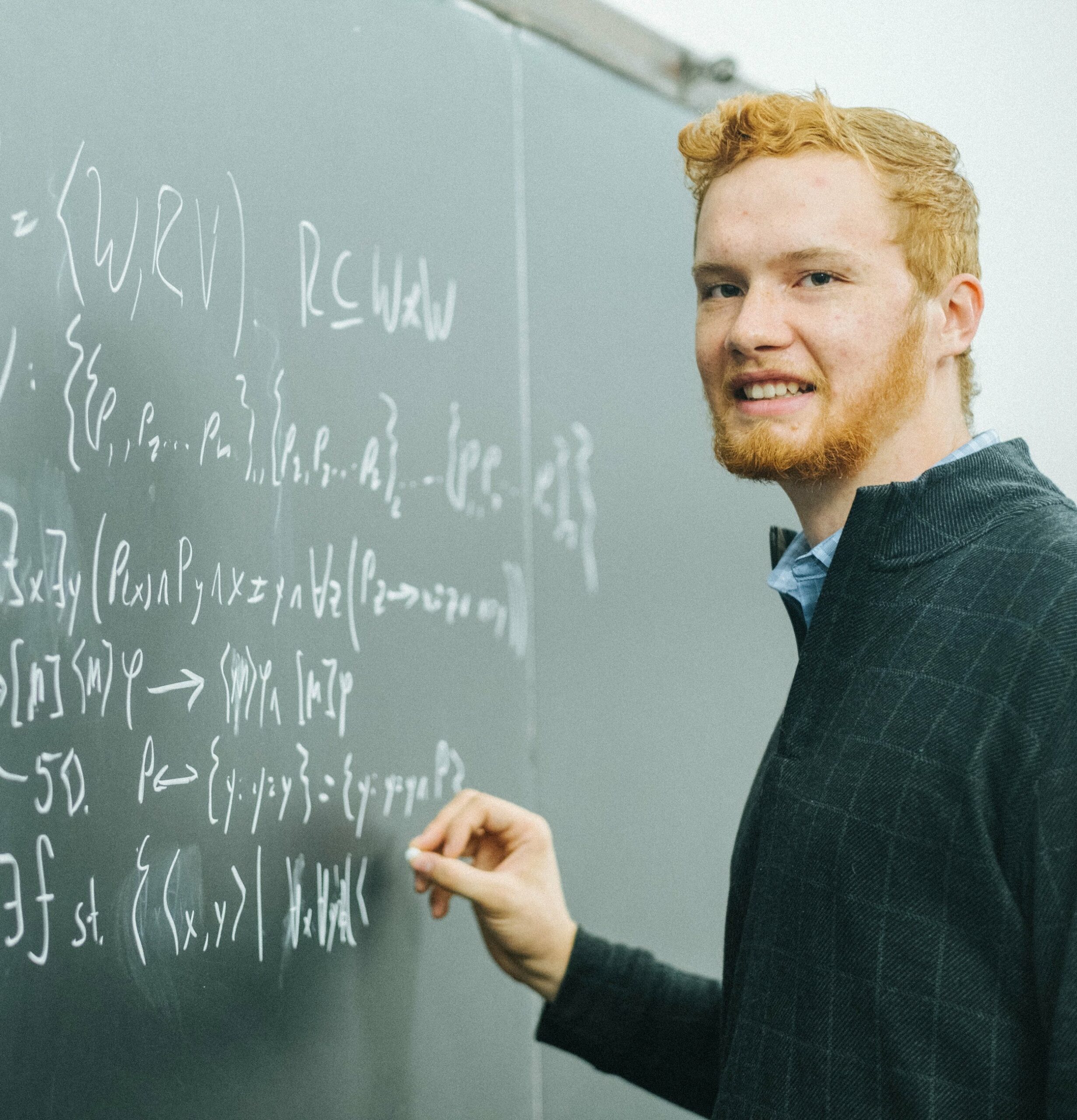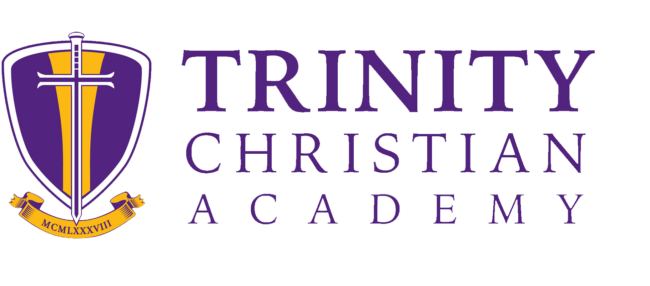We recently had the opportunity to catch up with Jonathan Tanaka (Class of 2019) to see what he has been up to since leaving Trinity. Jonathan is now a senior at Columbia University in New York and is studying philosophy and pure mathematics. He is very interested in the intersections between these two disciplines in mathematical logic and is beginning to pursue PhD programs.
During his time at Columbia, Jonathan has started a non-profit called Logic Made Accessible INC. He has led a group of students and professors from Columbia, the University of Chicago, University College London, and other universities around the world in developing a free, online, and introductory logic curriculum to be taught in public and private schools. Their work is already being taught to tens of thousands of students around the world with the hope that all high school students could have access to this curriculum.

Knowing that Jonathan has been introduced to the philosophical discipline as far back as middle school, we asked if any particular classes influenced his current academic studies. Jonathan said that Mr. Ames’ Advanced Logic and Rhetoric and Aesthetics classes, and Mr. Beatty’s classes in Systematic Theology and Apologetics helped him realize that he had an interest in philosophy. Jonathan went more in-depth about the classes he took by saying, “I think one of the virtues of Trinity is that it’s non-episodic; that is, the disciplines aren’t disunified or disjointed, which tend to be the case without coming at things from a unified Christian worldview.”
Ivy League schools like Columbia are known for their competitive academics that push their students to the breaking point. This can be an extremely difficult transition for high school students, especially those who are trying to hold on to and develop their faith during this tumultuous season of life. We were interested to learn how Trinity prepared Jonathan for the academic and spiritual challenges he has faced at Columbia. He said, “One of the important things Trinity does is it approaches things from a Classical Christian perspective and sees things in a unified way. Because the classes are so small, the faculty is able to have their curriculum be sensitive to what students are learning in other classes. More generally, I think the Christian worldview is completely indispensable to a virtuous psychological state when working hard in the university and to grounding everything in that firm foundation, which is Scripture and Christ. I think this is a crucial foundation because there are going to be difficult events and tasks in one’s academic career, and many students have a hard time in their first year of college, especially if they’re not living anywhere close to home.”
Finally, we asked Jonathan why Trinity is unique, and he laid out three different reasons: academic rigor, a Christian perspective, and the people. “Although Columbia is in the Ivy League and the rigor is on par with the other Ivies, I think Trinity prepared me well for this,” Jonathan said. “It’s difficult to compare academic institutions because the complexity of the disciplines is different, but I think Trinity, in many ways, matches the academic rigor of some of the best colleges in the nation, if not around the world.”
He continued, “The rigor at Trinity is mitigated on a psychological level because it’s coming from a Christian perspective. It’s not as though this perspective is simply added onto disciplines. Based on what I’ve heard regarding other schools, I have reason to think this is something that’s distinctive about Trinity. Christianity at Trinity is the explicit foundation of the disciplines and grounds them, rather than merely being added on at the end in a shallow way. This is exceedingly important, because if one sees Christianity as the non-contingent foundation for all academic inquiry, this will remain one’s foundation going forward, whether one goes into the workforce immediately or into academia.”
Jonathan also credits the people at Trinity for its uniqueness. “Part of this can be attributed to the smaller class sizes, which should be celebrated in my view. It allows you to be so close with your peers…. I just got together with some of the guys from my graduating class this winter break and, amazingly, you don’t miss a beat. Because we were with each other in class every day for years, we could completely pick everything back up where we left off. We are creatures that are made for community – this is explicit in Genesis 2 and is clearly espoused by both Christian and secular philosophers in antiquity, including Augustine, Aristotle, and Plato. I think you realize this truth when you’re in a place like Trinity, precisely because it’s uniquely formative for the individual. That’s what education – educare – is all about; etymologically and classically, it is about formation.”
We are so thankful Jonathan took the time to catch up with us and we are so proud of everything he has achieved since graduation from Trinity. We are praying for him as he continues on his academic journey.

